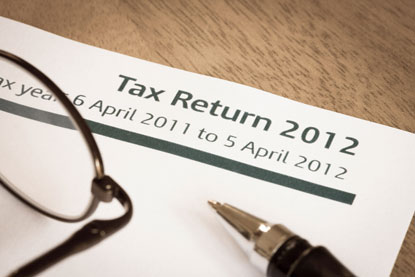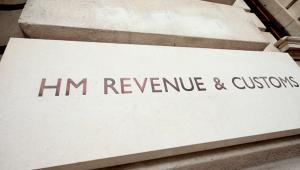By Richard Johnstone | 24 May 2012
Job cuts at Revenue & Customs led to more than £1bn of tax not being collected, the Public Accounts Committee revealed today.
 MPs on the committee found that R&C’s dedicated compliance and enforcement programme had achieved a ‘substantial’ £4.32bn increase in tax revenue over five years, an ‘impressive return’ on the £387m investment.
MPs on the committee found that R&C’s dedicated compliance and enforcement programme had achieved a ‘substantial’ £4.32bn increase in tax revenue over five years, an ‘impressive return’ on the £387m investment.However, a further £1.1bn in outstanding tax could have been collected had more than 3,300 posts not been shed, according to the PAC report, the PAC’s HM Revenue and Customs: compliance and enforcement programme.
The programme, which employs some 26,000 people, aims to reduce the tax gap – the difference between taxes due and the amount actually collected. According to R&C’s own estimate, this amounted to £35bn in 2009/10, 7.9% of all the tax due.
The MPs said the department was not ‘sufficiently clear’ about the impact of the staff cuts, even though around £10 in tax was lost for every £1 saved in costs.
Committee chair Margaret Hodge urged it to ‘consider whether further staff cuts will deliver value for money for the taxpayer’.
She added: ‘It is essential to take on board the lessons so far if the return on this new investment is to be maximised. In particular, the department needs to be much clearer about the marginal rate of return it could achieve from different levels of spending.’
The PAC also found that R&C ‘appeared to advise’ that public servants could use managed service companies through which to be paid, an arrangement often set to pay less tax. Corporation tax is levied at 20% for profits under £300,000, lower than the income tax rate that would have been paid by senior staff.
Yesterday, Chief Secretary to the Treasury Danny Alexander published a review that found more than 2,400 key public sector appointees had been ‘off-payroll’ through such arrangements. Two-fifths had been paid this way for more than two years, and in some cases for more than ten years.
Alexander’s review concluded that there were ‘circumstances where it may be appropriate for an employer to appoint an individual off-payroll’, adding that ‘this way does not mean that they are not paying the correct amount of tax’.
However, he added that it was essential that the government was assured that long-term senior staff were meeting their tax obligations. He confirmed that the rules would be tightened.
Whitehall’s most senior staff will have to be put on the payroll within three months, unless there are exceptional temporary circumstances. Departments must also seek formal assurances from any contractors using these arrangements that income tax and national insurance obligations are being met.
Alexander said the government would ‘bring an end to the “don’t ask, don’t tell” approach to this issue’.He added: ‘The review has identified almost 2,500 off-payroll engagements in central government departments and their arm’s-length bodies. The opaque nature of those engagements has created the conditions where tax avoidance could be taking place.’
Speaking before the figures were announced, Hodge said: ‘We are shocked that the department appears to have advised senior public sector employees that it was appropriate for them to avoid tax by using a managed service company. It is incredible that the department could under any circumstances advise that this was acceptable behaviour for a public servant.’
An R&C spokesman said: ‘R&C will bring in an additional £7bn by 2014 through tackling abuse of the tax rules including the use of managed service companies or personal service companies to avoid paying the right tax.
‘PSCs can be legitimate commercial arrangements, which means we have to consider the details of the arrangement in each individual case. However, we are very clear that the use of MSCs are only for the purposes of tax avoidance and are always unacceptable which is why Parliament brought in legislation to prevent this tax avoidance. Where PSCs are used purely as tax avoidance vehicles it is always unacceptable and when we have evidence it’s happening we stop it.’





















